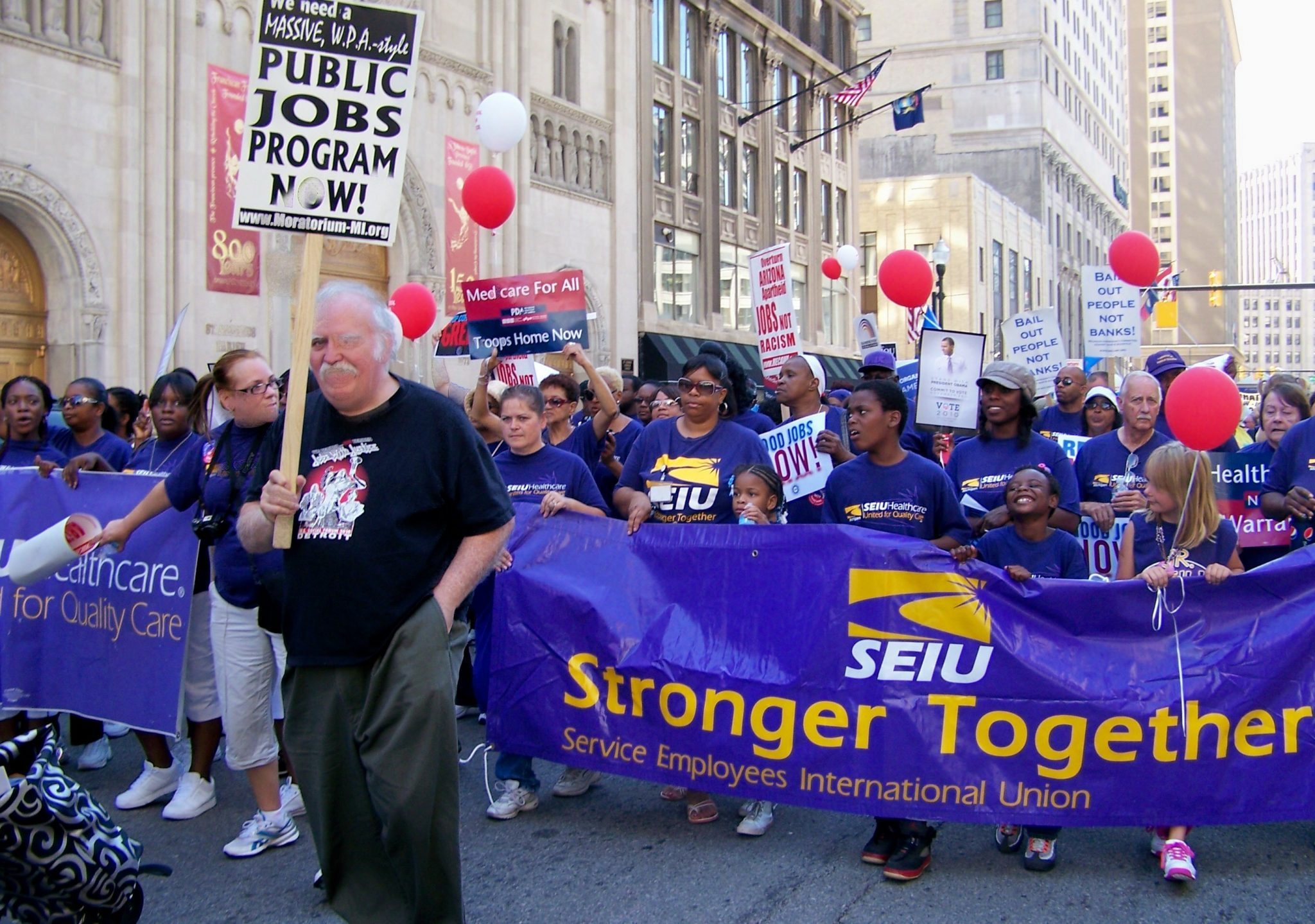Last week, the U.S. Supreme Court ruled that Illinois could not force home care workers to pay “agency fees” to the Service Employees International Union (SEIU). By its ruling, the Court chipped away at the idea that “non-union workers should help foot the bill for union bargaining that benefits them.” But, it also introduced a larger question of the difference between public and private sector unions.
The Court’s decision in the Illinois case applies narrowly to home care workers who, under Illinois law, negotiate independently with employees on working conditions, grievance procedures, benefits, etc. On the other hand, the SEIU could bargain for their salaries. Due to the SEIU’s limited role, the Court “decided it was a stretch for Illinois to wring the fees out of them as if they were actual state employees getting the full range of benefits from the SEIU’s collective bargaining.”
Although the issue is not resolved in his opinion, Justice Samuel Alito raises the question of “whether a government ought to compel any public employee to pay agency fees.” According to The News Tribune, Alito’s question is “where the difference between public and private unions becomes crucial.”
“In government, as opposed to business, spending is public policy. Attempts to redirect government spending – to wages, benefits or anything else – are political by definition. They are a form of lobbying, and they affect the public. In Tacoma, for example, compensation for public employees kept on climbing through the Great Recession and its aftermath even as the city skimped on public safety, libraries and street maintenance.
“Some maverick employees may feel they’re compensated well enough already; they may prefer that that public funds not be spent giving them another raise. They might prefer that the library stay open on Friday night, or that more potholes be filled.
“They have a right to feel that way. If they have chosen not to join a public union, they should also have the right not to subsidize collective bargaining that violates their convictions about government priorities.”
The potential violation of a worker’s convictions is important because, in the past, the courts have ruled that “agency fees must be spent only on collective bargaining.” This rule protects non-union member workers from unions using their fees to “pay for political lobbying and campaigns to put their [union] allies in public office.”
Taking into consideration this argument, The News Tribune rightly concludes,
“The argument for using state power to compel agency fees in the public sector boils down to: It’s good for unions. That’s true enough, but it’s a thin rationale for compromising a worker’s First Amendment right to political expression.”




